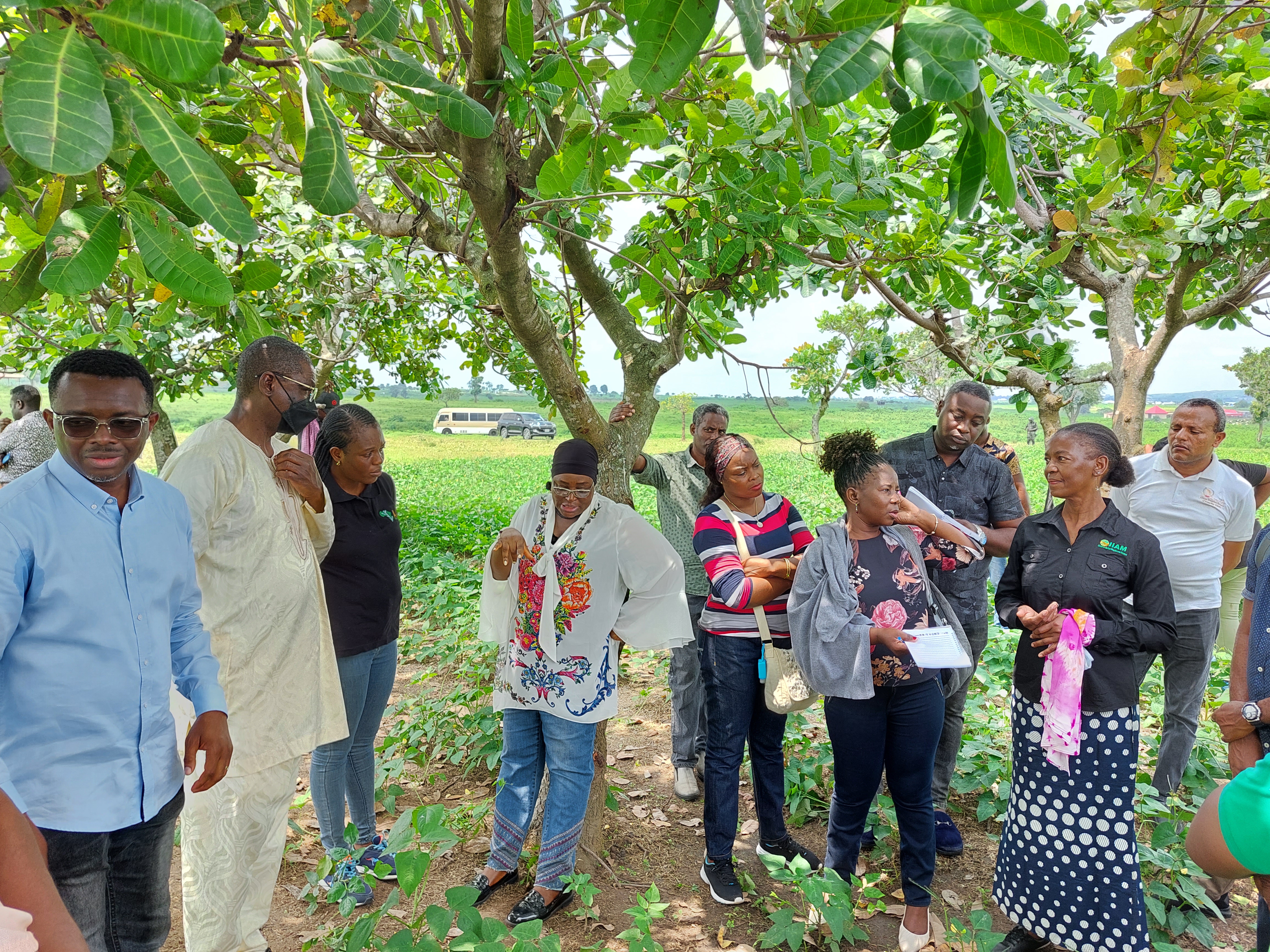
The African Agricultural Technology Foundation (AATF) organised a benchmarking visit to Nigeria for regulators from Ethiopia and Mozambique, who are part of the TELA Maize Project.
The September 12-16,2022, tour was intended for the visiting teams to learn from Nigeria’s biotechnology regulation in general, as well as specific experiences with the regulation of the transgenic TELA maize and pod borer resistant (PBR) cowpea.
Ethiopia and Mozambique are at similar stages of research and development of the TELA maize, with multilocation trials already approved in both countries.
The visiting teams were drawn from Instituto de Investigação Agrária de Moçambique and the Ethiopian Institute of Agricultural Research.
During the tour, the delegation took part in a series of discussions, and made courtesy calls on the National Biosafety Management Authority, National Biotechnology Development Agency (NABDA), and the Ministry of Environment. The teams also visited the NABDA Biotechnology Laboratory and a PBR cowpea seed production farm outside Abuja.
Conversations during the tour touched on a range of themes, including aspects of the variety release process in Nigeria and how it compares with Ethiopia and Mozambique.
Delegates also affirmed the centrality of efficient and effective seed production systems that can ensure availability as part of successful biotechnology promotion in their countries.
Intellectual property rights concerns were also discussed, with delegates seeking experiences and lessons from the release of the Nigerian Bt cowpea and TELA maize.
The need for clear commercialisation pathways was raised as key to successful promotion of biotechnological innovations.
Some speakers highlighted the need for commitment by scientists to produce high-quality records that help answer regulators’ key concerns to expedite approvals of biotechnology initiatives.
The delegates called for more investment in public information and education to empower consumers and curb misinformation on biotechnology and its uptake.


































































